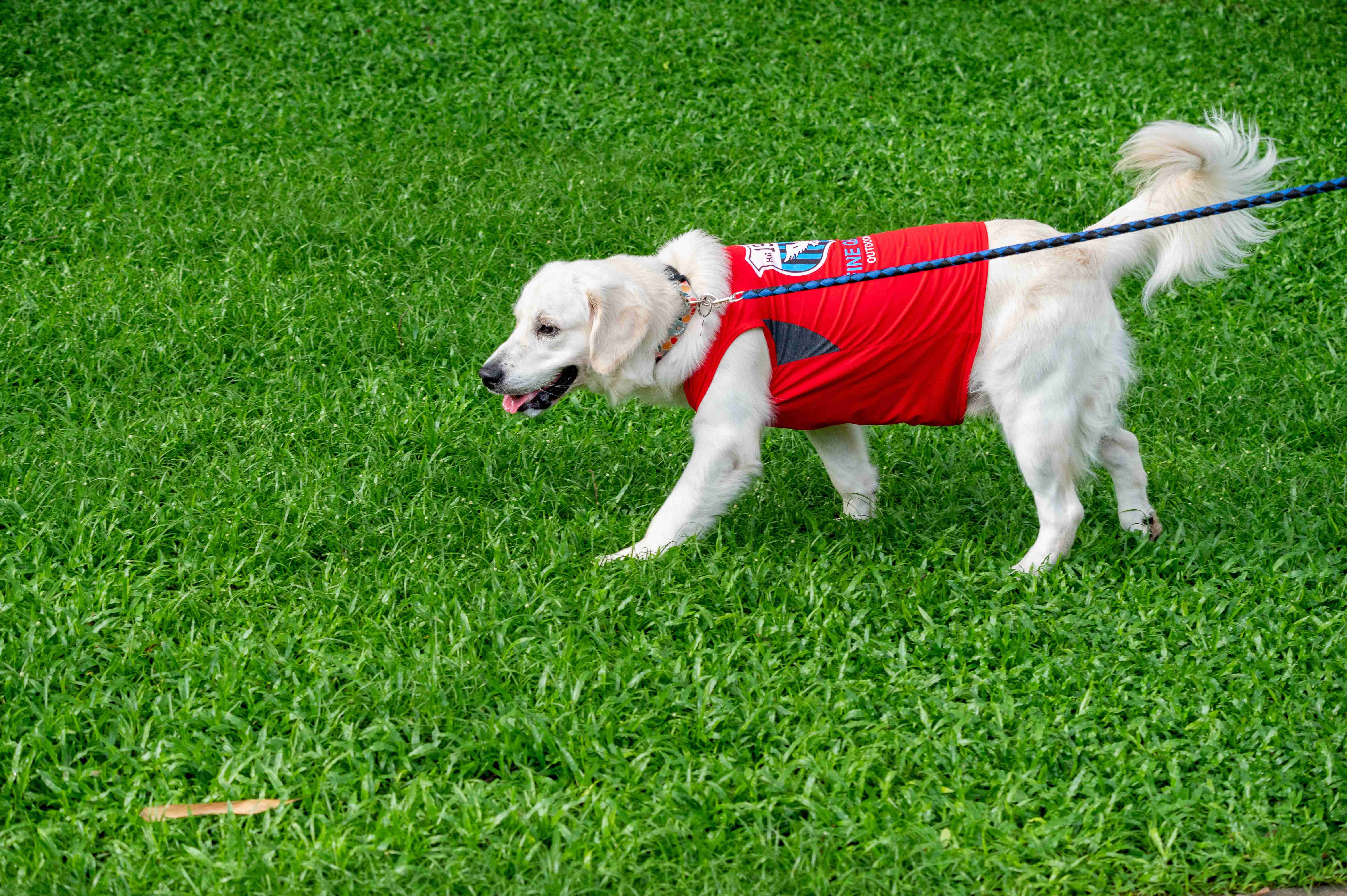Dogs are known for their playful nature, wagging tails, and sloppy kisses, but they can also be quite vocal when they’re not happy. One of the common sounds that dogs make is growling, which can be quite intimidating at times. But, why do dogs growl? Is it always a sign of aggression, or is there more to it? In this blog post, we’ll unpack the mystery of dog growling and explore the various reasons why your pup might be vocalizing. Understanding these reasons will not only help you build a better relationship with your furry friend, but it can also help you keep them safe in certain situations. So, let’s dive in!
Dogs are known for a variety of things – loyalty, companionship, and unconditional love, to name a few. However, one behavior that can sometimes be puzzling for dog owners is growling. Why do dogs growl, and what does it mean? In this blog post, we will be unpacking the mystery of dog growling and exploring the reasons behind your pup’s vocalization.
First, let’s start with the basics. Growling is a natural behavior for dogs, and it is a way for them to communicate their feelings and intentions. It is important to remember that growling is not always a sign of aggression. In fact, growling can be a warning sign that your dog is uncomfortable or scared, and it can be a way for them to avoid a potentially dangerous situation.
One of the most common reasons why dogs growl is because they are feeling threatened. This can happen if they feel like their territory is being invaded or if they are feeling intimidated by another dog or person. In this case, the growling is a way for them to communicate that they are not comfortable with the situation and that they need space.
Another reason why dogs may growl is because they are feeling frustrated or stressed. This can happen if they are in a situation that they cannot escape from, such as being held down or restrained. Growling can also occur if they are feeling anxious or scared, such as during a thunderstorm or when meeting new people.
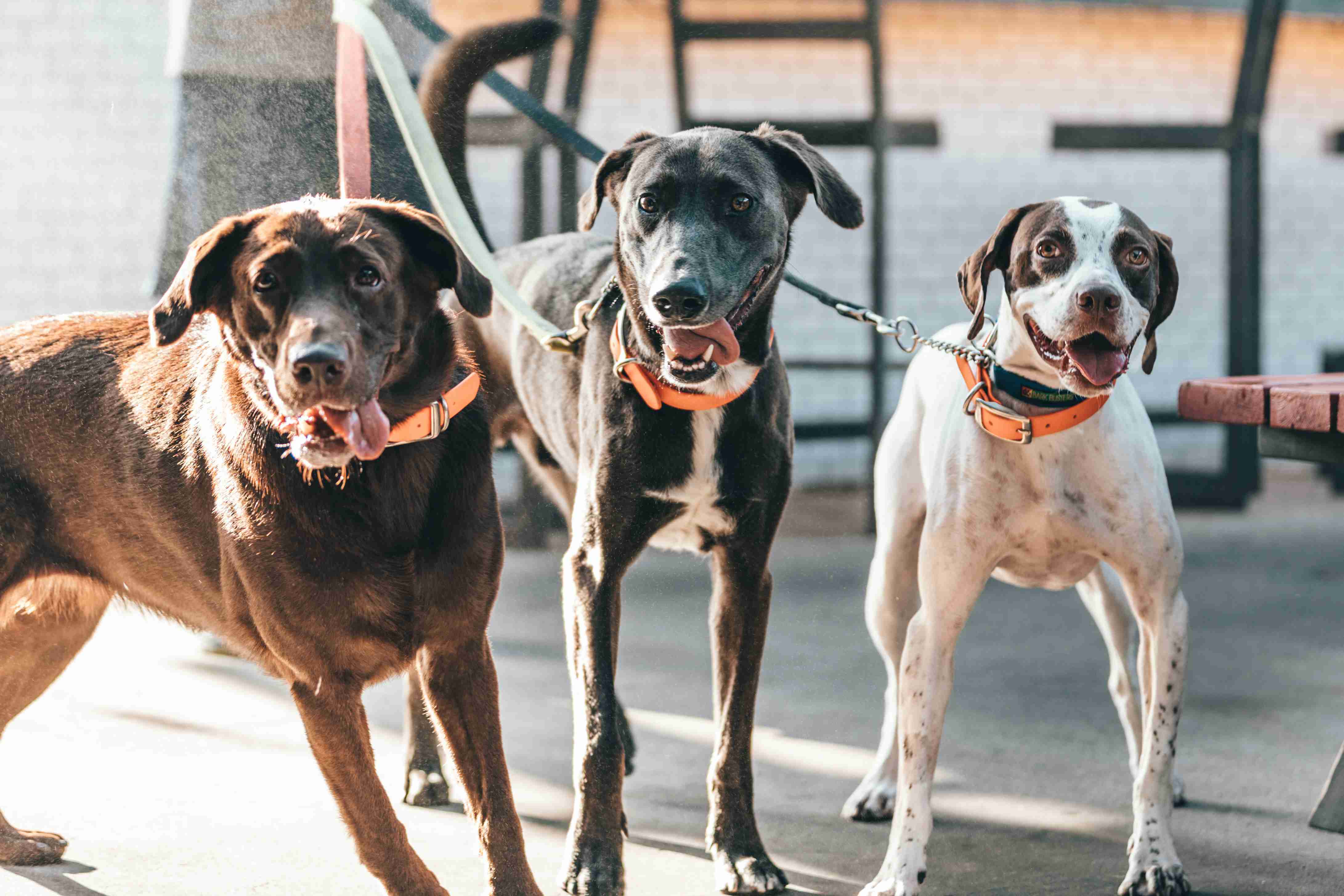
It is important to note that some dogs may growl as a form of play. This is especially true for puppies, who may growl during playtime as a way to express their excitement and enthusiasm. However, it is important to monitor your dog’s behavior to ensure that it is not escalating into aggression.
So, what should you do if your dog is growling? The first step is to remain calm and avoid any sudden movements. It is important to give your dog space and to avoid touching them if they are feeling threatened. If your dog is growling because they are feeling anxious or stressed, you may want to try calming them down by offering them a favorite toy or treat.
If your dog is growling because they are feeling aggressive, it is important to seek professional help from a dog trainer or behaviorist. Aggressive behavior in dogs can be dangerous, and it is important to address it as soon as possible to prevent any potential harm.
Overall, growling is a natural behavior for dogs, and it is a way for them to communicate their feelings and intentions. It is important to remember that growling is not always a sign of aggression and that it can be a warning sign that your dog is uncomfortable or scared. By understanding the reasons behind your pup’s vocalization, you can better communicate with them and provide the care and support that they need.
In conclusion, growling is a natural behavior for dogs, and it’s essential for dog owners to understand it. By taking the time to learn about the reasons why your dog growls, you can be better equipped to provide them with the care and attention they need to be happy and healthy. Remember that growling is your dog’s way of communicating with you, so be sure to pay attention to their body language and vocalizations. And if you’re ever unsure about why your dog is growling, don’t hesitate to speak with your vet or a professional dog behaviorist. With patience, understanding, and love, you can help your furry friend navigate the world around them with confidence and ease.


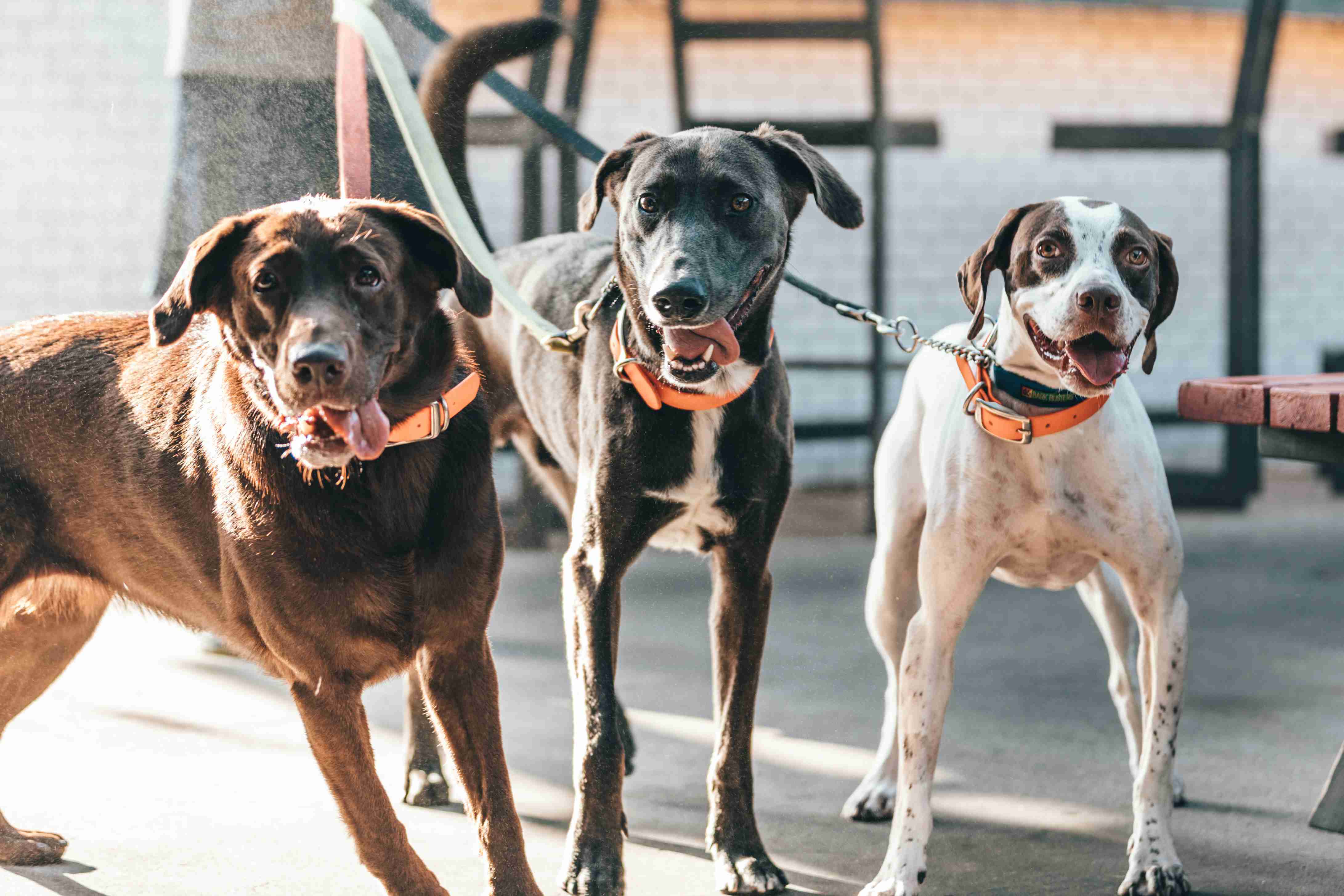
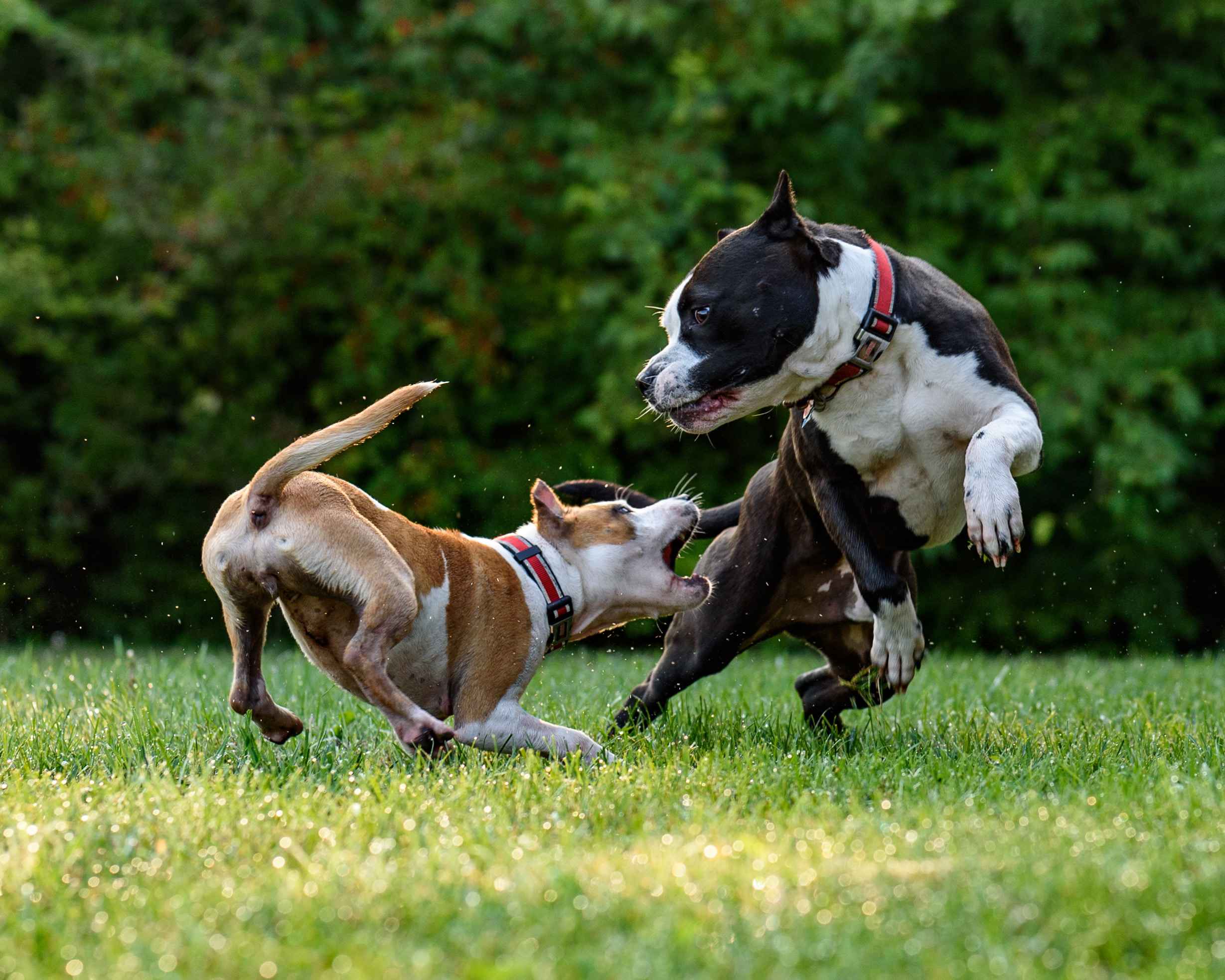
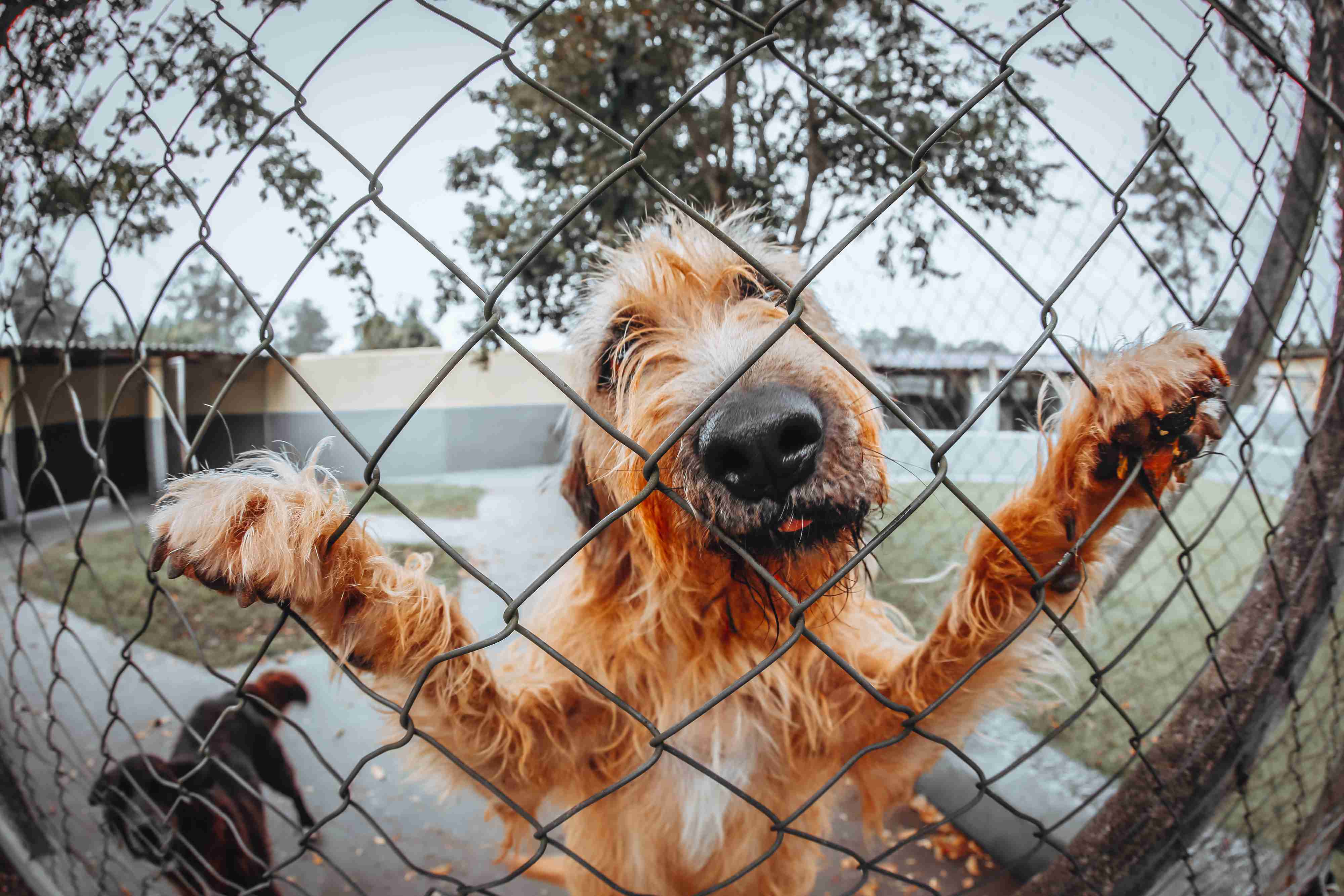
%20-%20Copy.png)
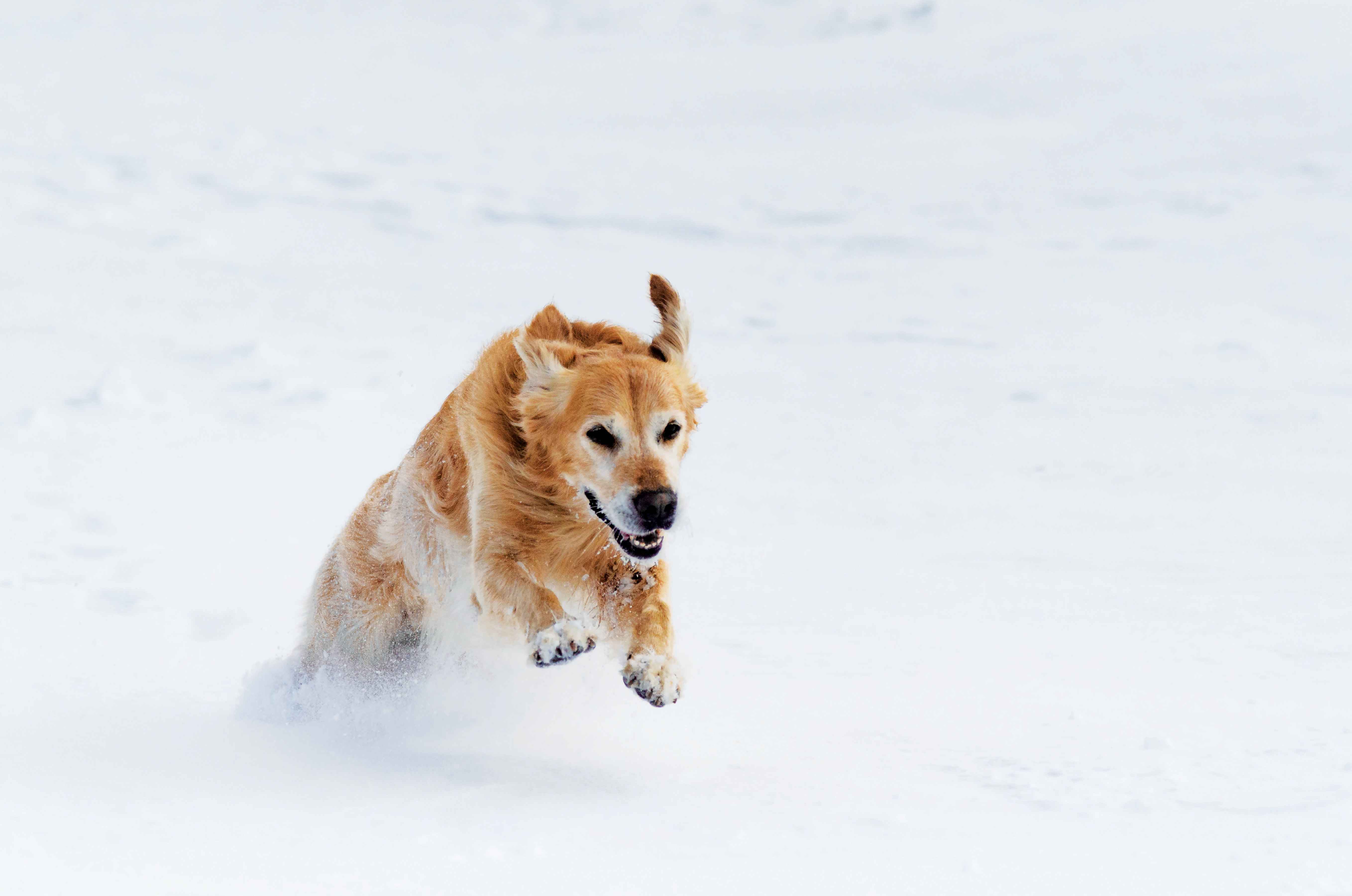
%20-%20Copy.jpg)
